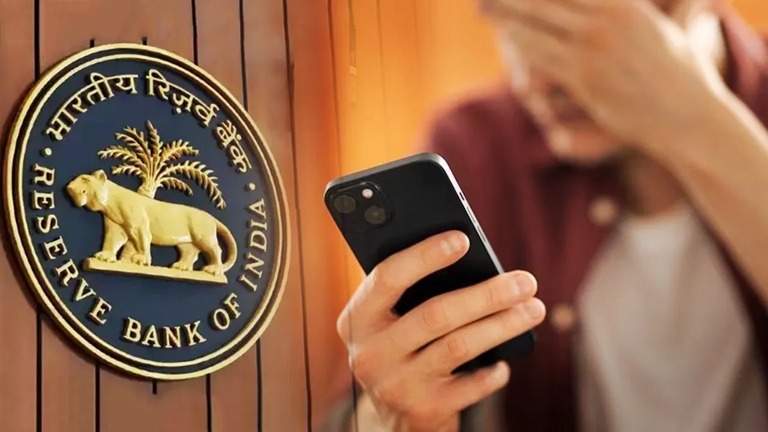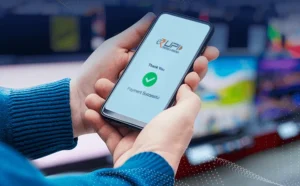RBI May Allow Lenders to Remotely Lock Phones on Loan Default

RBI May Allow Lenders to Remotely Lock Phones on Loan Default
New guidelines aim to curb rising defaults in small-ticket loans while safeguarding borrower privacy
The Reserve Bank of India (RBI) is considering a new set of rules that would empower lenders to remotely lock mobile phones purchased on loan if borrowers fail to repay. The proposed policy will focus on small loans of up to ₹1 lakh, a segment that has seen higher default rates in recent years.
According to sources, the central bank plans to amend its Fair Practices Code to include provisions that allow device-locking as a recovery tool. Borrowers’ explicit consent will be mandatory at the time of availing the loan, and lenders will not have access to personal data stored on the devices. The restriction will apply only to the device’s usability, not to its content.
RBI officials said the step is aimed at balancing consumer protection with effective loan recovery. Borrowers will be notified before any remote lock is activated, and the process will be carried out under RBI oversight to ensure transparency.
The new rule will mainly cover mobile phones and consumer electronics, sectors where small-ticket loans have grown rapidly but have also fueled non-performing assets (NPAs) for banks and financial institutions. More than one-third of consumer electronics in India are purchased through such loans, and with over 1.16 billion mobile connections in the country, the potential impact of this move is significant.
Industry observers believe the measure will make recovery of small loans more predictable, while ensuring that borrowers’ rights and privacy remain protected. Once finalized, lenders will be able to integrate this mechanism into their loan agreements, strengthening confidence in the small-loan segment without discouraging credit growth.












